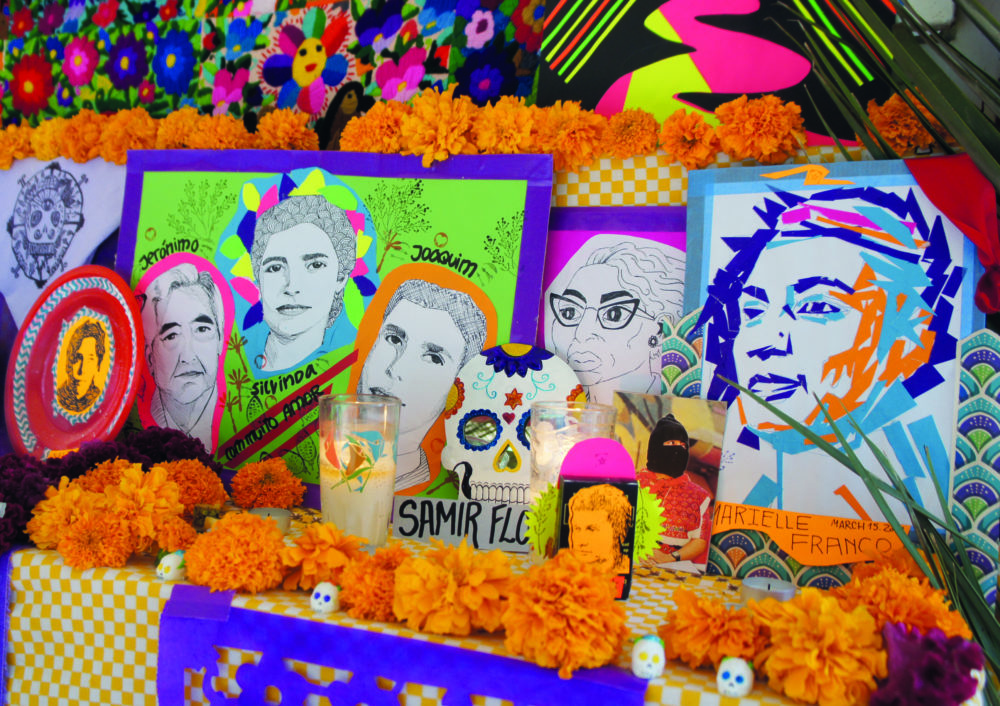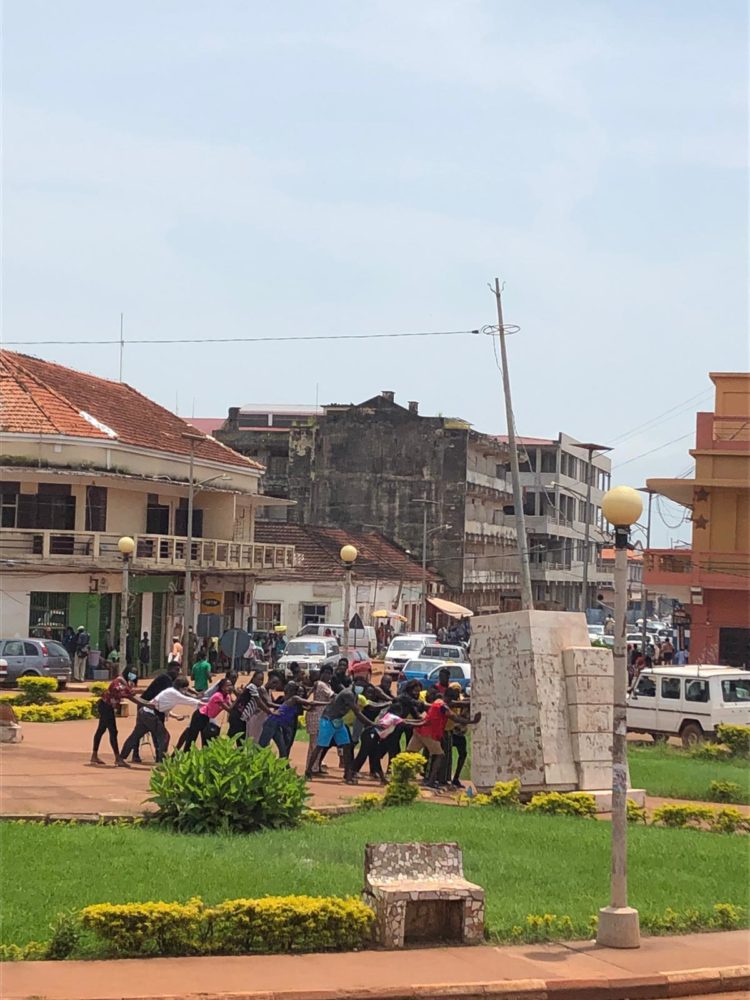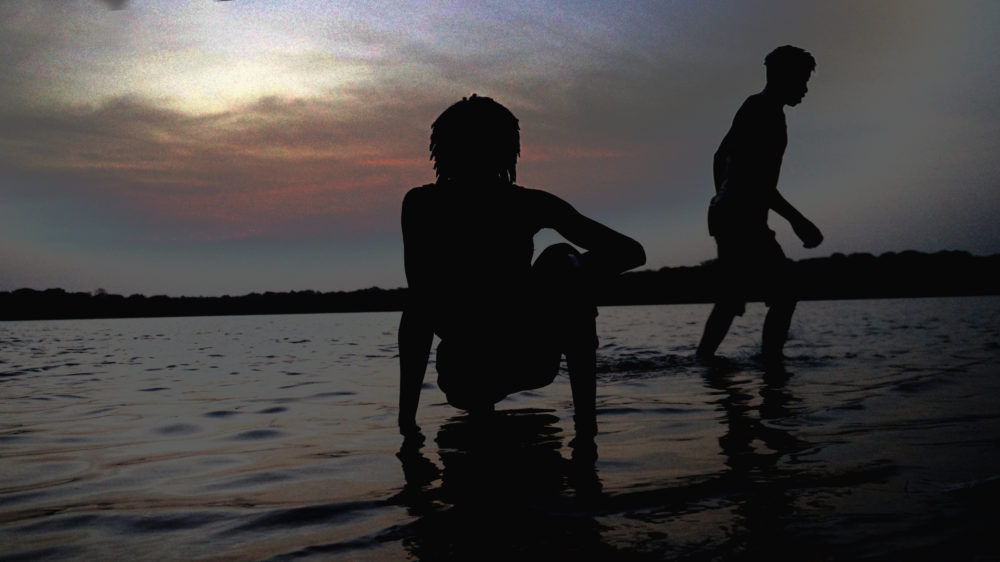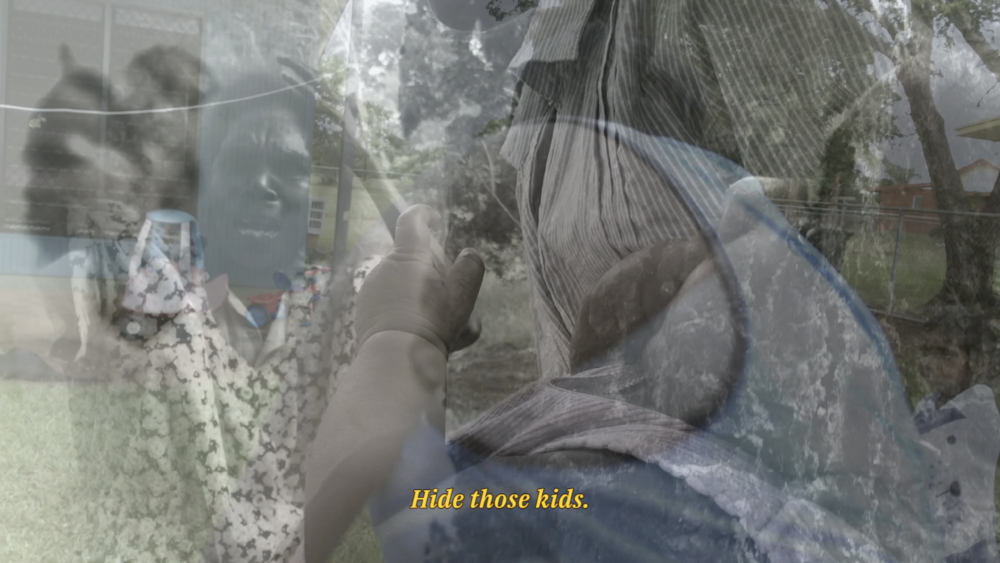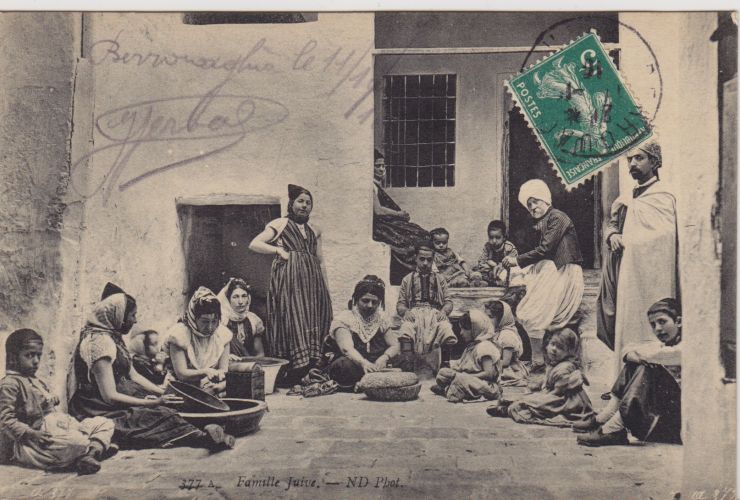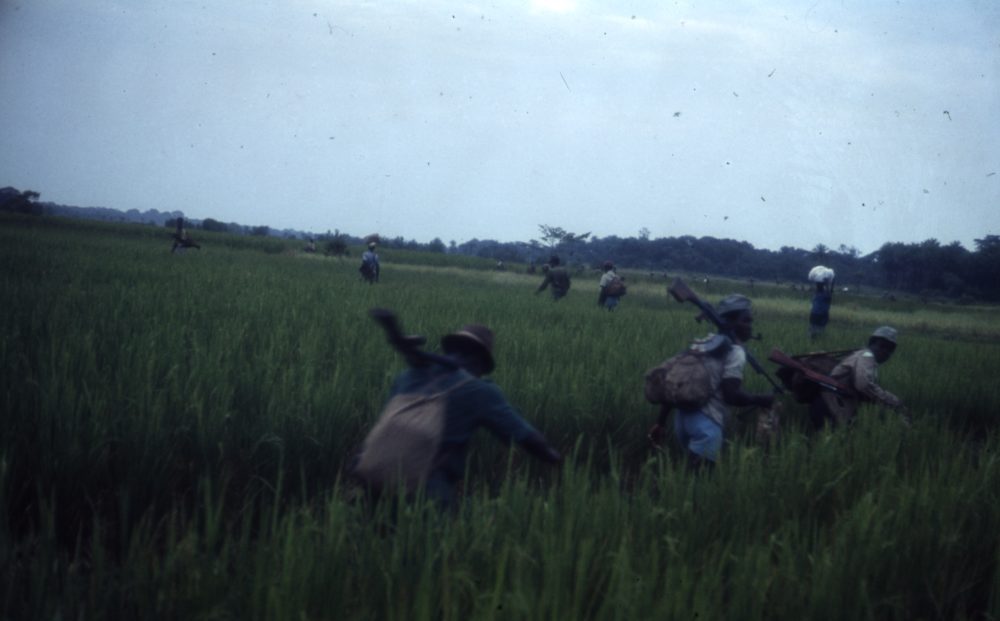Situated in the semantic intersection of survival, maintenance and resistance of the deliberately imprecise term “Survivance” coined by writer and activist Gerald Vizenor, this edition of the New Alphabet School in Porto will convoke the concept as a “renunciations of dominance, tragedy and victimry”.
Contributors from the arts, humanities and activism will unfold how modes of “Survivance” can produce creative forms for subverting violence in challenging times of severe socio-political and ecological injustice. Moreover, “Survivance” will be discussed from the perspective of the ones often unaccounted for or ignored, both then and now, colonized peoples whose rejection of victimry is articulated with gestures of empowerment through art, politics and collective practices. Workshops, lectures and film screenings will propose ways of operating the various meanings of this concept in our shared present and address the paradigm shift of geopolitics, recognizing the worlds within our world and bringing forward the learning with communities from the Global South.
Curated by Daniel Ribas, Filipa César and Nuno Crespo
With Ariella Aïsha Azoulay, Filipa César, Kleber Mendonça Filho, Elizabeth Povinelli, Patrícia Ferreira Pará Yxapy, Marinho de Pina, Lilia Moritz Schwarcz, Sónia Vaz Borges and screenings by Karrabing Film Collective and others
In the summer of 2021, Chto Delat took part in The New Alphabet School’s session on Survivance, hosted in Portugal and online. The group proposed a workshop titled, Practices of Collective Counter-Memory: Altars, Vigils, Time Capsules and Living Monuments – which are tools the collective often uses to exercise forms of remembrance, solidarity and care, and to practice becoming a community. In the following visual essay, Nikolay Oleynikov reassembles some of these political and ceremonial gestures, weaving together communities of struggles across different geographies and encounters.
read moreThis poem was written collectively in September 2020 in Bissau during a workshop initiated by Filipa César and Marinho Pina with Sergio Pereira and Vadinho da Costa and other members of activist groups in Guinea Bissau, among them GTO (Theater of the Opressed), Bissau; Coletivo Cadjigue; Clube Amor à Leitura (Club Love for Reading); the Cassaca 64 Movement and the PDH – HSH (association activism for LGBTQ + rights). The aim was to expand on concepts of Survivance as a creative medium for investigating contemporary social conditions of inequality and as a ritual for environmental and social justice. The workshop was directed in a playful way, mixing deep thoughts and struggles with games, singing and dancing. This poem is a short version of the text created in the workshop.
read moreMarinho de Pina, a performing artist and architect, wrote a text in the form of a letter to an oppressor friend, who can be closer than one thinks. Marinho writes: Everyone who wants to restrain another person or another people’s freedom because of one’s own beliefs, is a colonizer. You, I, He, She, Them, are all colonizers. Before de-colonizing anything else, let’s de-colonize ourselves first.
read moreIn her essay, “Divergent Survivances,” philosopher Elizabeth A. Povinelli opens a discussion of survivance by following two intellectual paths and two social histories: the work of Jacques Derrida and Gerald Vizenor who show that survivance is not synonymous with survival, but instead designates a ghostly presence of an ancestry that can never be fully inherited or dispossessed; and the social histories of the clans of the Karrabing Film Collective whose countries were invaded in 1869 and her own Simonaz clan which began traveling from their small village in the Italian Alps to Buffalo, NY, established on Seneca lands.
read more
In January 2021 historian Benjamin Stora submitted a report on the “reconciliation of memories” between France and Algeria that he had been commissioned to write by the French President Macron. In her letter to Benjamin Stora, Ariella Aïsha Azoulay points to a striking absence in the report: the colonization of the Arab Jews through citizenship, and the outcome of this colonization – their forced departure from the Maghreb in 1962 after thousands of years in this area, only to find themselves with French or Israeli Citizenship. Revoking what to her is a colonial identity, Ariella Aïsha Azoulay claims her right to her rootedness in Arab-Jewish-Berber culture and to the Survivance of the memory of Algerian Jews. She describes herself both as an Algerian Jew and as a Palestinian Jew rather than the settler’s identity that was assigned to her at birth – an Israeli.
read moreIn her essay on the survival of the undocumented history of the struggle for liberation in Guinea-Bissau in the oral accounts of its protagonists, historian Sónia Vaz Borges collects voices as walking archives and through that herself becomes a walking scholar between personal encounters, the archive and political struggle.
read more